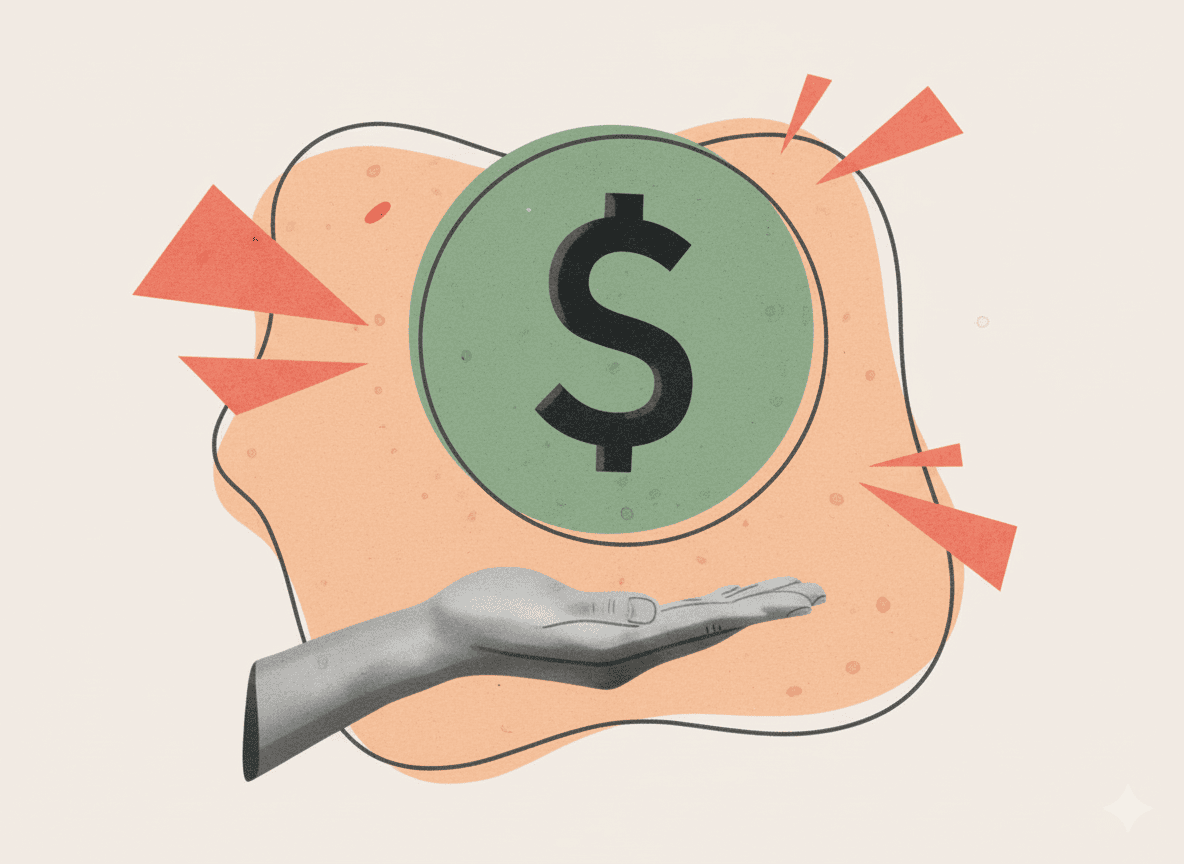HARD MONEY LOANS
Quick, asset-backed loans for short-term projects.
HARD MONEY LOANS
Hard money in real estate refers to short-term, asset-based loans provided by private lenders or investors rather than traditional banks. These loans are secured by the property itself, often issued quickly and with less stringent approval processes.
Who Uses Hard Money in Real Estate:
- Real estate investors engaged in fix-and-flip projects.
- Developers needing quick financing for construction or renovation.
- Borrowers with less-than-perfect credit or those who need fast funding.
- Investors acquiring properties that may not qualify for traditional loans due to condition or appraisal issues.
Why Real Estate Investors Use Hard Money:
- Speed: Hard money loans can be approved and funded much faster than traditional bank loans, sometimes within days.
- Flexibility: Less strict qualification criteria and fewer documentation requirements.
- Leverage: Provides access to capital for larger projects or distressed properties.
- Bridge Financing: Useful as interim funding while waiting for long-term financing or property sale.





Fast Access
Asset-Based Lending
Summary, Hard money is a useful tool for real estate investors needing quick, flexible funding, especially for short-term projects. However, the higher costs and shorter terms require careful planning and swift execution.
Regarding tax benefits, borrowers loans may enjoy:
- Annual Tax Deductions: Mortgage interest payments on the loan are typically tax-deductible, reducing taxable income.
- Depreciation Benefits: The property can be depreciated over time, leading to annual deductions that improve cash flow and reduce tax liability.
- Many of your closing costs and interest paid on the loan could be used to lowering taxable income
Benefits of Hard Money
Fast Access:
Quick approval and funding help seize time-sensitive opportunities.
Flexible Terms:
More lenient qualification criteria and customized loan structures.
Asset-Based Lending:
Focuses on the property’s value, not credit score.
Ideal for Short-Term Projects:
Designed for quick turnarounds like fix-and-flip or refinancing.
Negatives of Hard Money:
- Higher Interest Rates: Typically much higher than traditional bank loans.
- Shorter Repayment Periods: Usually 12 to 36 months, requiring quick exit strategies.
- Higher Fees: Origination fees and points are often substantial.
- Limited Loan-to-Value (LTV): Typically up to 60-70%, limiting leverage.
- Risk of Foreclosure: Because hard money loans are secured by the property, failure to repay can lead to foreclosure.

